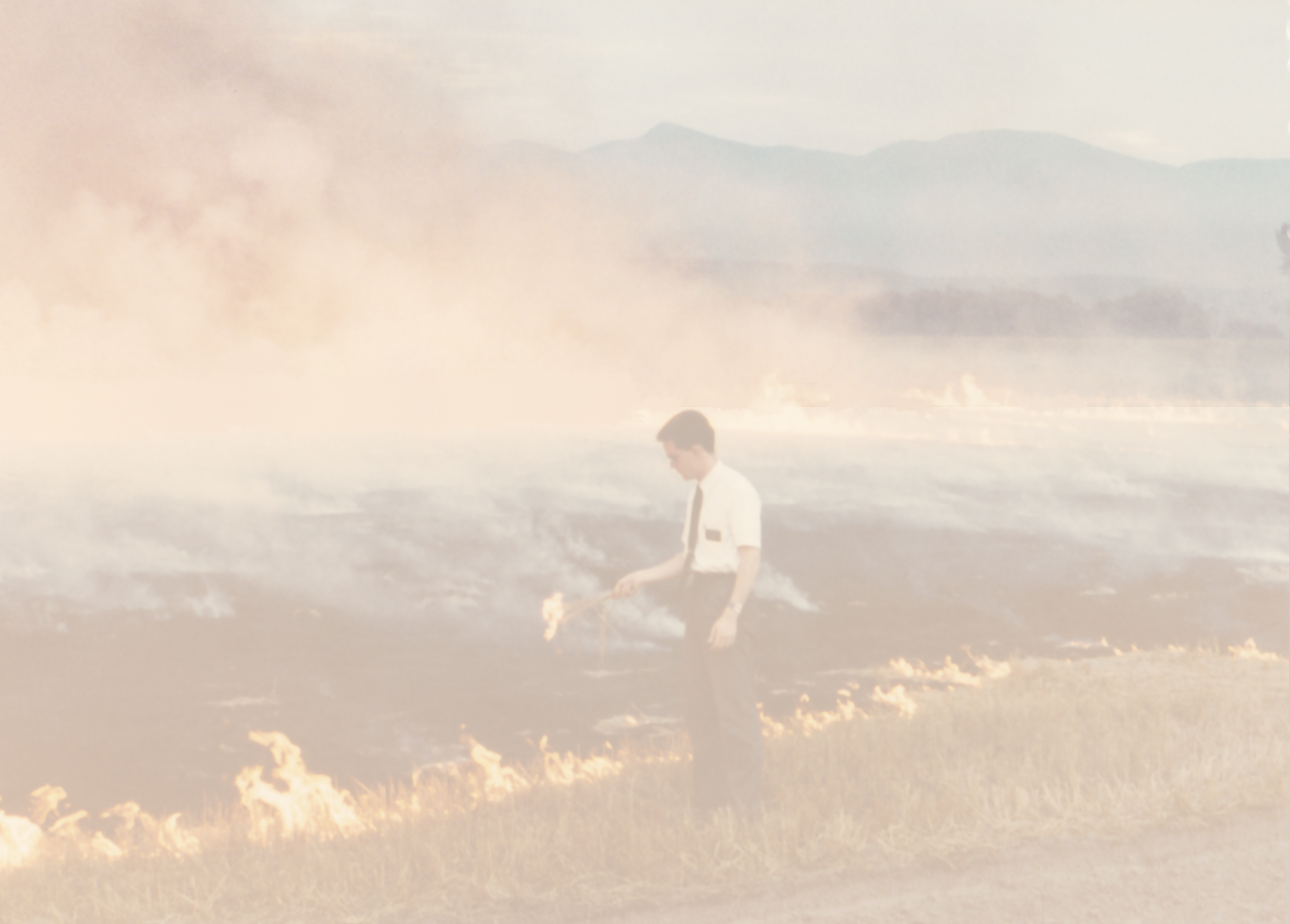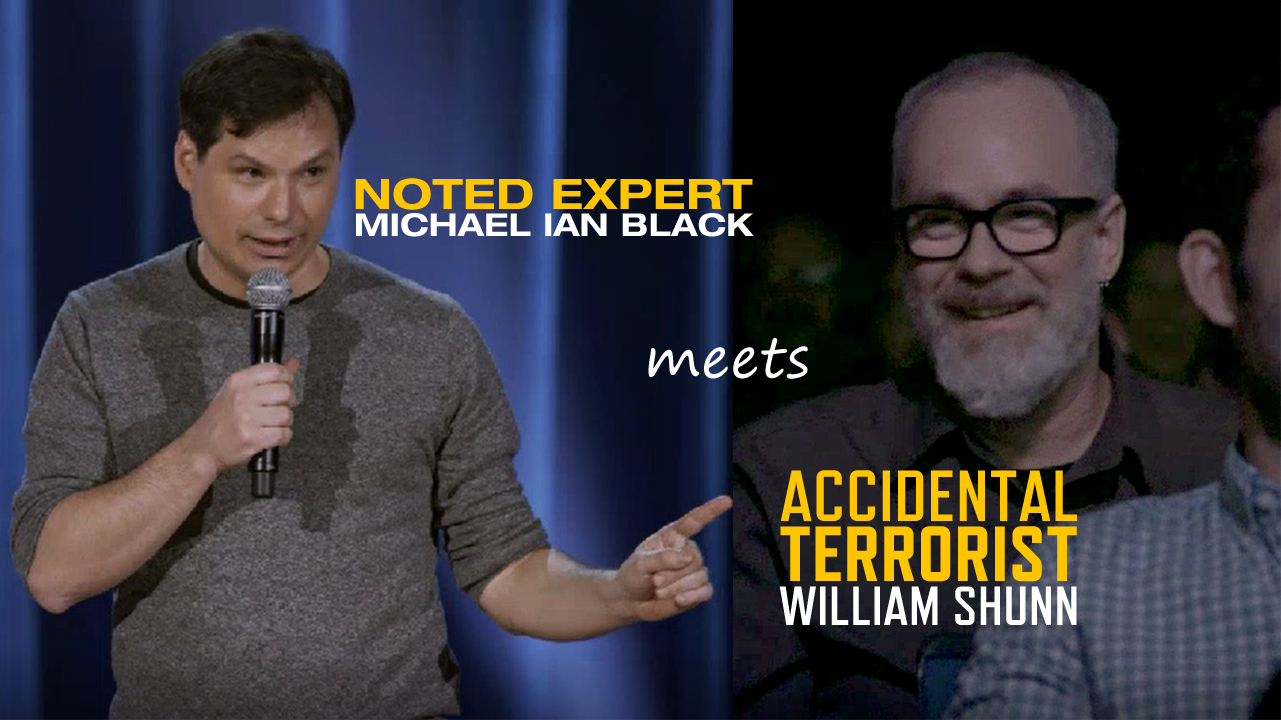previous: Question 4
"See, that's the most repugnant thing of all about you—your lack of respect. Why do you have to debase our most sacred rituals by talking about them openly?"
If I believe in one immutable principle in this crazy, mixed-up world of ours, it's the principle of informed consent. If there's a second principle I believe in, it's letting people exercise their informed consent free of coercion.
In other words, if we agree that I'm going to do something to you, you have a right to know as much as possible about what it is I'm going to do and how, before I do it. And while you're making the decision about whether or not to let me do it, I promise not to bring any undue pressure to bear. Only then can both of us claim we entered into our agreement in good faith, and mean it.
The Mormon endowment ceremony, you won't be surprised to learn, is my case in point. The endowment carries a heavy obligation of obedience and secrecy, one at odds with the demands of informed consent. If you're thinking of joining the Mormon church, or if you're already a member and are contemplating your own first visit to the temple, where can you go to learn more about the endowment—more than vague generalities, that is? Nowhere. Nowhere official, anyway.
Who's going to discuss with you the similarities between the Mormon endowment and Masonic rituals? Who's going to trace for you the many changes in the ceremony over the past century and a half, the steady process of sanitization that culminated with toning down the emphasis on the penalties in 1990? Who's going to tell you what you need to know to make an informed choice before you set foot in the endowment room of the temple?
To speak frankly, my endowment was one of the most degrading and horrifying experiences of my life. By the time an elderly temple worker warned me that I would be taking grave and solemn oaths upon myself that day and that now was my chance to withdraw if I did not wish to continue, I was already dressed in white clothing and sitting in a closed room surrounded by dozens of other Mormons, including my own parents. I wish I'd had the brains and the balls to walk out at that point, but the community pressure was rather intense. I'm not saying walking out would have been impossible, but I am saying the air was damp with coercion.
In any event, that rather vague disclaimer did nothing to prepare me for the blood oaths I would be asked to swear later in the ceremony. By the time those sneaked up on me, I had progressed so deep into the ritual that my only real choice was to continue through it and to labor mightily in the coming weeks to reconcile this bizarre new form of worship with what I had been taught in church all my life. I would much prefer to have known what was coming. I might have saved myself years of tapping my way down a blind alley. But of course, that ideal is completely at odds with the insular, self-protective demands of a secret society like that of temple-endowed Mormons.
I believe that people need to understand the traditions from which their beliefs and practices arose—and not only that, but that they also have a right to seek and receive information about every aspect of a religion or philosophy before they yoke themselves to it and possibly do themselves harm. For me, the damage I may prevent by talking openly about my experiences far outweighs whatever damage I may do you by revealing your supposedly sacred secrets.
next: Question 6





